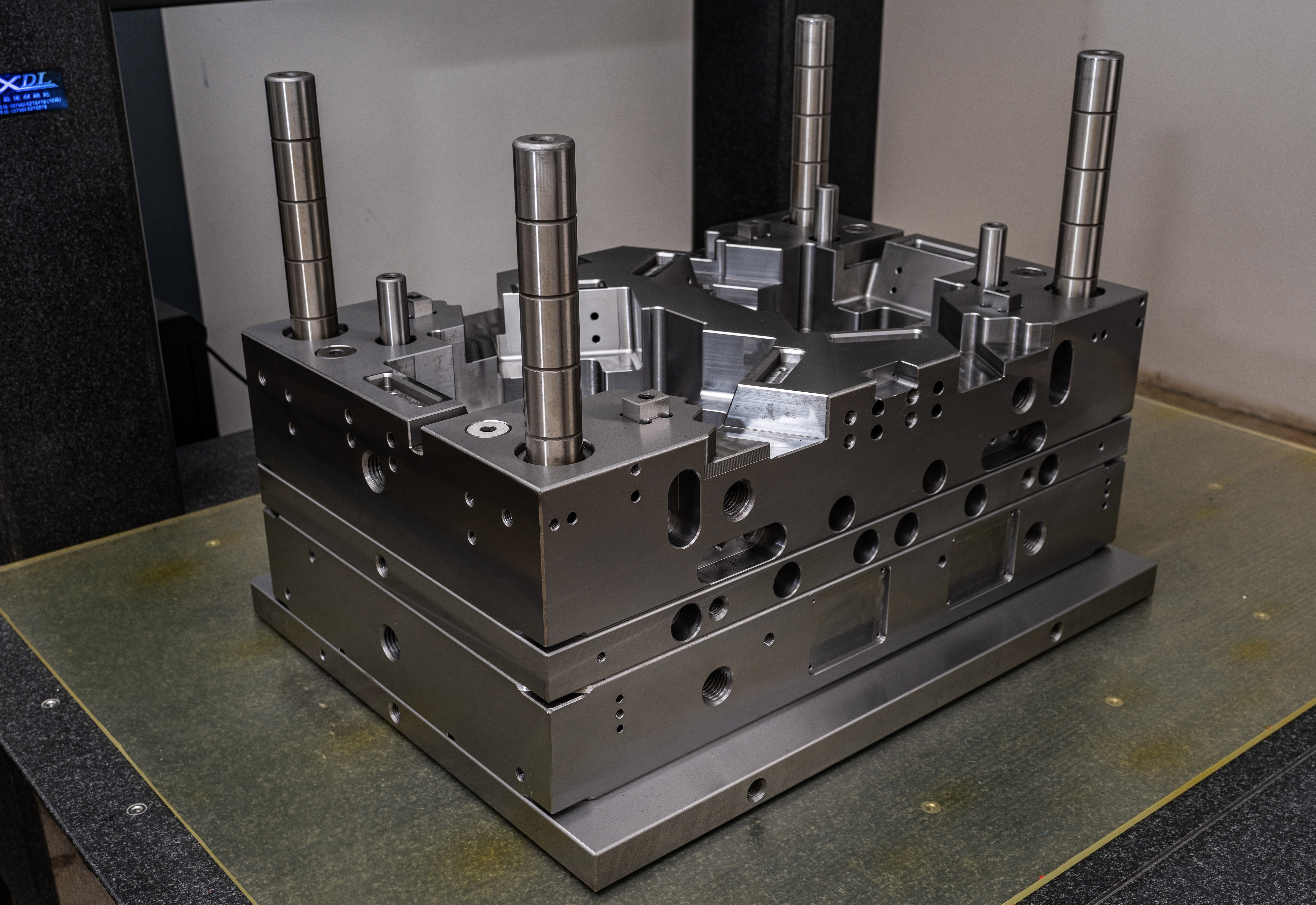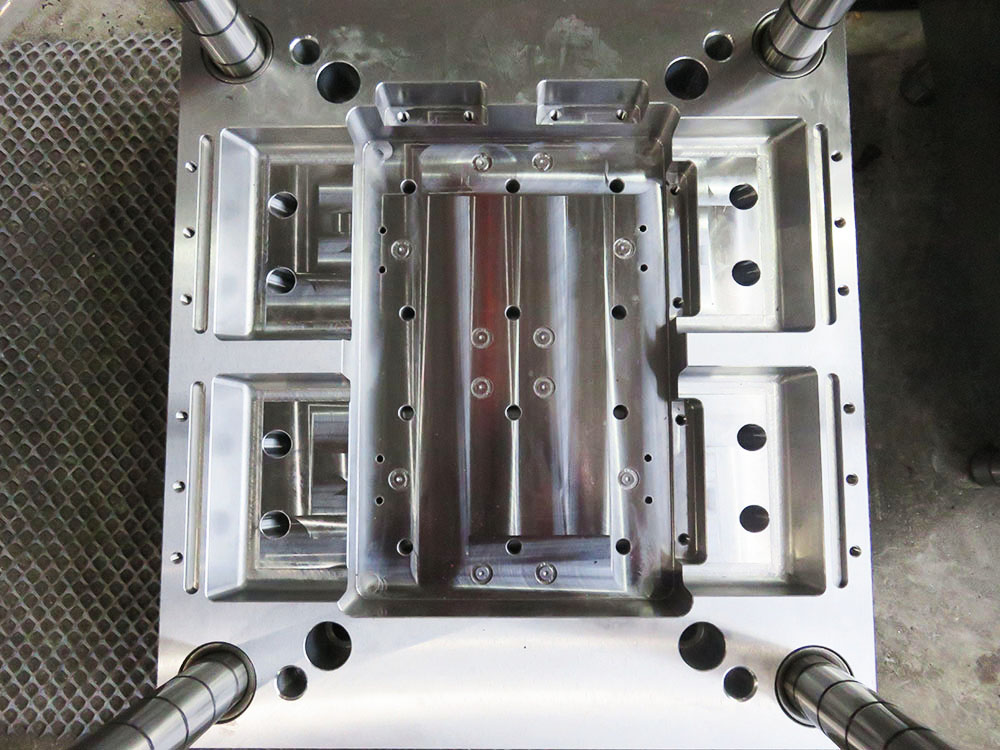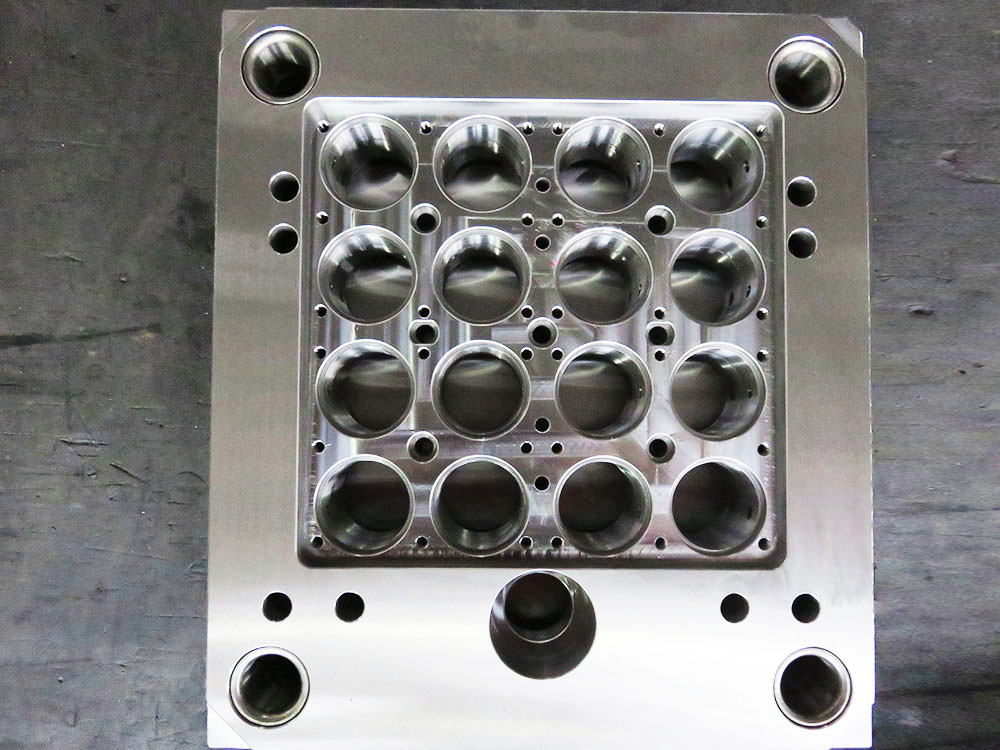Overview of the Modular Construction Industry
Modular construction, also known as off-site construction or prefabricated construction, involves the manufacturing of building components in a controlled factory setting, which are then transported to the construction site for assembly. This method offers numerous advantages such as increased efficiency, reduced costs, and improved sustainability. In recent years, the modular construction industry has been experiencing significant growth and this trend is expected to continue in the foreseeable future.
Benefits of Modular Construction for the Mold Base Industry
The mold base industry, which plays a crucial role in the manufacturing of injection molds, can benefit greatly from modular construction techniques. One of the main advantages is the accelerated production timeline. By utilizing off-site construction methods, mold base manufacturers can significantly reduce the time required for mold production. This not only allows for faster turnaround times, but it also results in increased productivity and improved customer satisfaction.
Furthermore, modular construction techniques enable the mold base industry to achieve higher levels of precision and quality. The controlled factory environment ensures that each component is built to exact specifications, minimizing errors and defects. This ultimately leads to improved performance and longer service life of the mold bases, reducing the need for costly repairs or replacements.
Cost savings are another important factor driving the adoption of modular construction in the mold base industry. By standardizing the manufacturing process and leveraging economies of scale, mold base manufacturers can achieve greater efficiency and cost-effectiveness. The reduced labor and material costs translate into lower production expenses, allowing companies to offer more competitive pricing to their clients. Moreover, the shorter construction time and improved quality result in lower overall project costs and increased profitability.
Technological Advancements and Innovations
The modular construction industry is continuously evolving, with technological advancements and innovations at the forefront. One notable development is the implementation of Building Information Modeling (BIM), which allows for the creation of digital 3D models of the building components. This not only facilitates accurate planning and design, but it also enables seamless integration with other construction disciplines.
Additionally, the use of advanced robotics and automation in the manufacturing process further enhances efficiency and precision. Automated assembly lines can streamline production, reduce human error, and improve consistency, resulting in higher-quality mold bases.
Market Trends and Growth Opportunities
The demand for modular construction in various industries, including the mold base industry, is on the rise worldwide. This growth can be attributed to several factors, such as urbanization, population growth, and the need for sustainable and cost-effective building solutions. Governments and organizations are increasingly recognizing the benefits of modular construction and are actively promoting its adoption through supportive policies and incentives.
Furthermore, the COVID-19 pandemic has further accelerated the adoption of off-site construction methods. The ability to manufacture building components in a controlled factory setting reduces the reliance on traditional on-site construction, resulting in improved safety and reduced risks associated with labor shortages or supply chain disruptions.
The modular construction industry also offers promising growth opportunities for mold base manufacturers. As the demand for customized and complex molds increases, the need for highly specialized mold bases will surge. By leveraging modular construction techniques, mold base manufacturers can swiftly adapt to these evolving demands and cater to a wide range of customer requirements.
Conclusion
The prospects for modular construction in the mold base industry are highly promising. This innovative construction method offers numerous benefits such as accelerated production timelines, improved quality and precision, and cost savings. Technological advancements and market trends further enhance the growth potential of the modular construction industry. Mold base manufacturers should embrace these opportunities to stay competitive and meet the evolving demands of the market.




